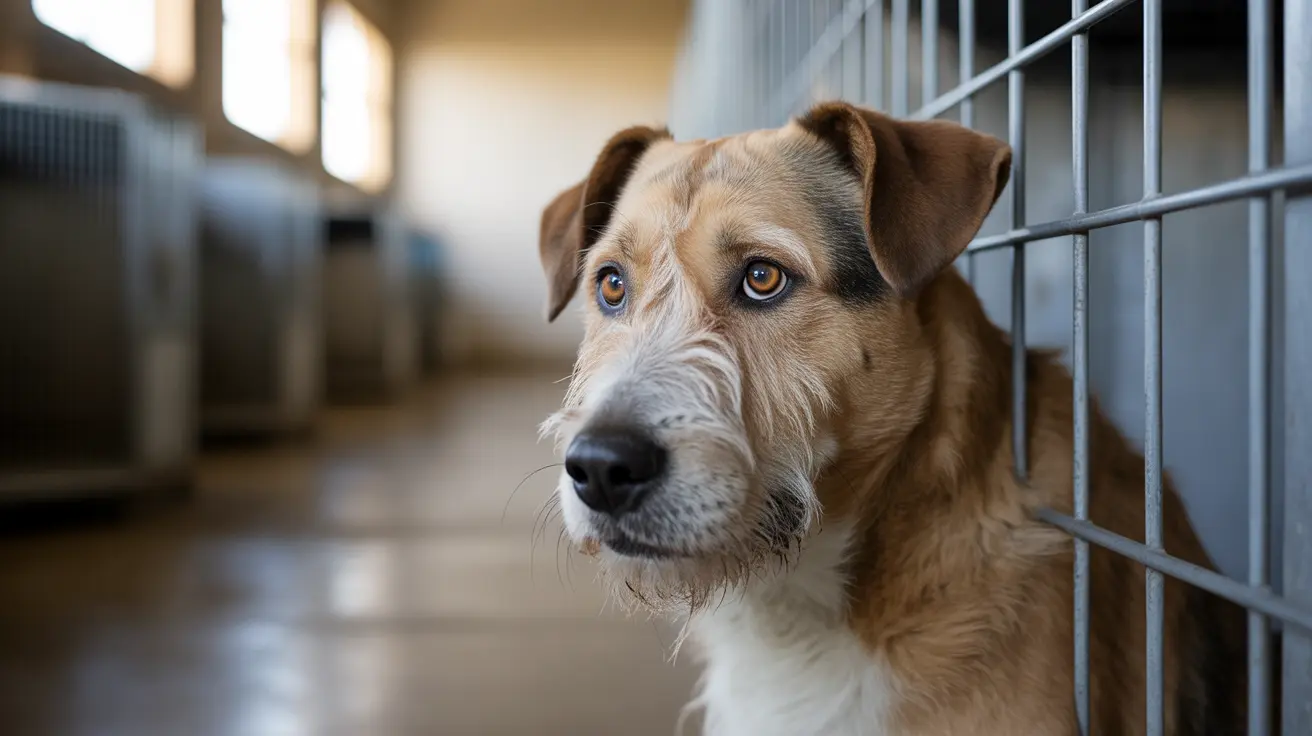Many dog owners have experienced moments when their well-trained pet seems to suddenly forget basic commands or behaviors they've mastered before. This phenomenon can be frustrating and concerning, but there's more to these apparent memory lapses than meets the eye. Understanding why dogs appear to forget their training is crucial for maintaining effective long-term behavioral success.
Research shows that dogs don't typically experience true memory loss of learned behaviors. Instead, what appears as forgetfulness is usually the result of various environmental, emotional, and developmental factors that affect their ability to respond to commands. Let's explore the science behind canine memory and learning to better understand why these training setbacks occur and how to address them effectively.
The Science of Canine Memory and Learning
Dogs possess remarkable cognitive abilities and can retain learned behaviors for extended periods. Their memory system includes both short-term and long-term components, similar to humans. However, their learning process is heavily influenced by association and context, which explains why they might struggle to perform known commands in new situations.
Studies have shown that dogs can remember training commands for years when properly reinforced. The key lies in how this information is stored and accessed in their brains, which is significantly affected by environmental cues and emotional states.
Common Reasons for Training Regression
Environmental Changes
Dogs are context-dependent learners, meaning they often associate behaviors with specific environments. When faced with new locations or situations, they may struggle to recall and execute previously learned commands. This isn't forgetfulness but rather a lack of generalization across different settings.
Emotional and Physical Factors
Stress, anxiety, fear, or physical discomfort can significantly impact a dog's ability to focus and respond to commands. These emotional states can temporarily override their training responses, making it appear as though they've forgotten their training.
The Impact of Development Stages
Puppies and adolescent dogs go through various developmental stages that can affect their training retention. During these periods, hormonal changes and brain development can lead to temporary regression in learned behaviors. This is particularly common during fear periods, which typically occur between 8-10 weeks and again around 6-14 months of age.
Maintaining Training Success
To prevent training regression, consistency is key. Regular practice sessions in various environments help strengthen neural pathways and improve command retention. Using positive reinforcement and maintaining clear communication can significantly enhance your dog's ability to remember and execute trained behaviors.
Creating a structured training routine that includes daily practice, even for just a few minutes, can help maintain learned behaviors and prevent apparent memory lapses. Additionally, ensuring your dog is physically healthy and emotionally comfortable will support optimal learning and retention.
Frequently Asked Questions
Why does my dog sometimes seem to forget commands they once knew?
Dogs typically don't forget commands but may struggle to respond due to environmental distractions, stress, or lack of practice in different settings. What appears as forgetting is usually a response to changing circumstances rather than actual memory loss.
How can changes in environment affect a dog's ability to remember training?
New environments present different sights, sounds, and smells that can overwhelm or distract dogs. They need to learn that commands apply in all settings through practice in various locations.
What role do developmental stages like adolescence play in training setbacks?
During adolescence (6-18 months), hormonal changes and brain development can cause temporary regression in training. This is normal and usually resolves with consistent reinforcement and patience.
How can I prevent regression in my dog's training during stressful or distracting situations?
Gradually expose your dog to different environments while practicing commands, use high-value rewards, and maintain consistent training routines. Start in calm settings and slowly increase distractions as your dog succeeds.
What are the best strategies to help a dog relearn commands after a training lapse?
Return to basics in a quiet, familiar environment, use clear commands and positive reinforcement, and gradually rebuild difficulty levels. Patience and consistency are essential during this process.
Conclusion
While dogs may appear to forget their training at times, understanding the underlying factors affecting their behavior can help owners address these challenges effectively. With patience, consistency, and appropriate training techniques, most dogs can maintain their learned behaviors and continue to develop their skills throughout their lives.






